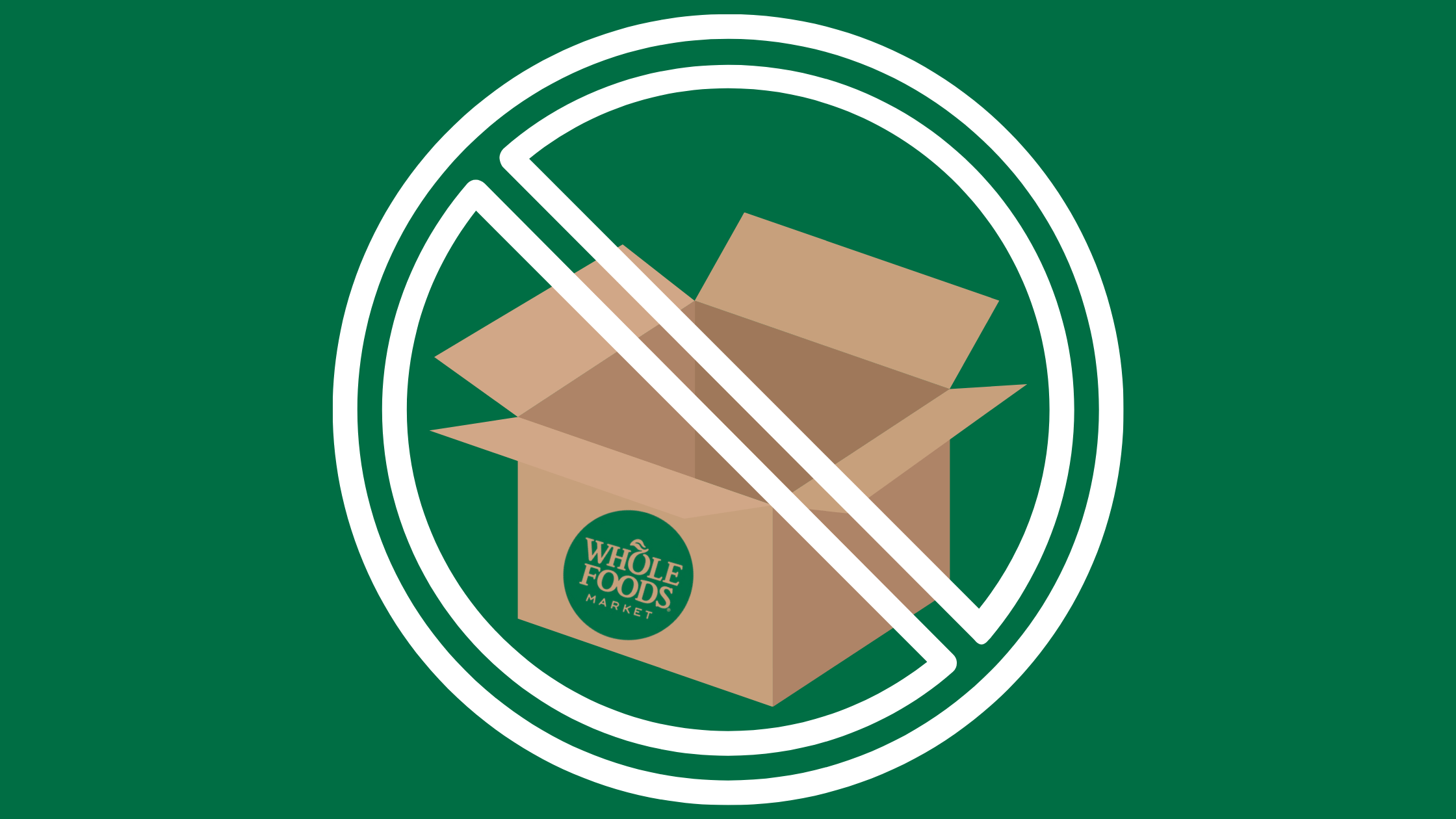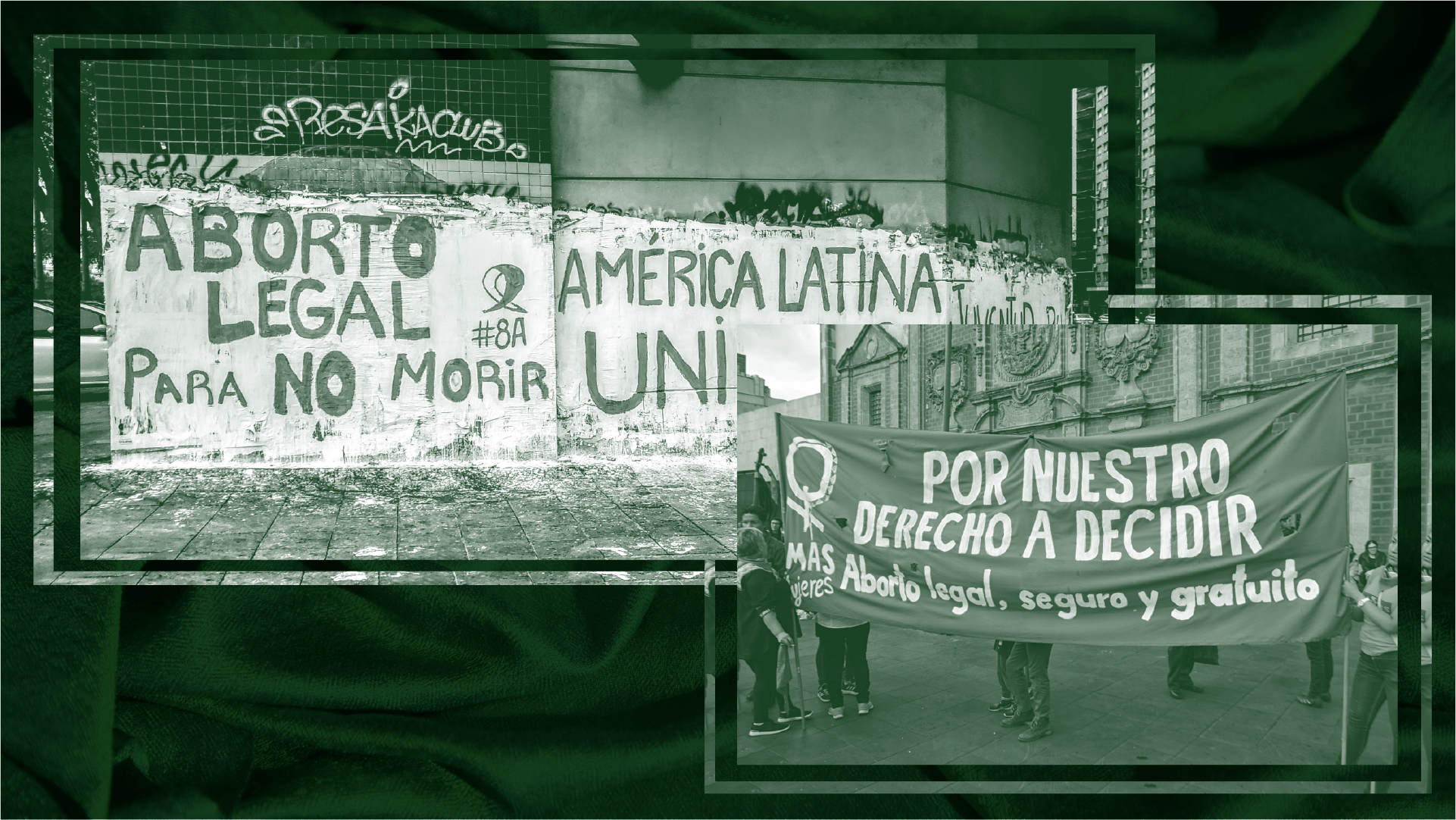
The Whole Foods CEO Has No Understanding of Food Justice
Whole Foods CEO is horribly out of touch with the realities of food inaccessibility.
Want to hear some organic tea with your Amazon Prime order? Look no further than the Amazon-owned Whole Foods.
Since 2018, Amazon workers across the globe have called for boycotts of Prime Day, the company’s yearly “savings extravaganza” for Amazon Prime members. This year, the usual complaints about working conditions were magnified by the reports that Jeff Bezos — Amazon’s founder, CEO, and president — enjoyed a $73.2 billion increase in overall wealth during the first six months of the global COVID-19 pandemic. But the news of this enormous spike in profits renewed protesters’ calls for a $2 per hour pay raise and more sufficient provision of personal protective equipment for the company’s essential workers.
However, Jeff Bezos isn’t the only CEO to boycott this Prime Day. Enter: Whole Foods founder John Mackey and his complete denial of the country’s growing food inaccessibility problem as well his company’s negligence of worker safety during the beginning of the pandemic.
In a recent Q&A with the New York Times, Mackey made several questionable claims about his company. His statements about food accessibility, market demand, and the nation’s health issues went without being challenged by writer David Gelles. The article was part of Gelles’ Sunday Business column, “Corner Office,” a series of interviews with entrepreneurs and leaders in business. But instead of facilitating a discussion on current issues and potential solutions in our corporate food systems, the Times’ lazy journalism only gave Mackey a platform to promote his company without being held accountable to any of his tone-deaf statements.
First, Mackey praised Whole Foods for keeping its workers safe during the COVID-19 pandemic. Morale has been “through the roof,” he said, following a company-wide pay raise. In reality, Whole Foods employees were among the plethora of essential workers who protested unsafe conditions and a lack of sufficient protective measures. In March, workers at Whole Foods called for a strike to demand paid sick leave for employees in quarantine, health care coverage for part-time and seasonal workers, coverage of coronavirus testing and treatment, hazard pay, and adequate sanitation measures at all store locations.
Mackey then elaborated his belief that “the whole world is getting fat,” saying that people with health issues like diabetes, heart disease, and obesity simply don’t make good choices about the food they eat (which is untrue). “I don’t think there’s an access problem,” Mackey said when asked about those who don’t have access to affordable, healthy food. “I think there’s a market demand problem. People have got to become wiser about their food choices. And if people want different foods, the market will provide it.”
Maybe Mackey isn’t aware of the countless citizens being forced to take the matter of severe food insecurity into their own hands by starting community fridges in cities like New York, Las Vegas, Boston, and Philadelphia. Maybe he doesn’t know about the local farmers transforming cities like Detroit, Cleveland, and Washington D.C. into fertile land that can provide for its own people when the government and corporations like Whole Foods refuse to do so. Contrary to Mackey’s claim that there is not enough demand for healthy food among the people who need it most, there is an overwhelming demand that is being trampled by rising food costs.
The Whole Foods CEO goes on to say that when the company has opened locations in “poor areas” and “inner cities,” people still make “poor choices” about the food they consume. In a quick scan of the prices listed online for Whole Foods’ Harlem location on 125th Street, it is easy to see why those “poor choice” foods are more popular. A package of frozen mac and cheese costs about $4. A grilled chicken Caesar salad from the prepared foods aisle costs about $9. Chicken thighs are $2.99 per pound, while a two pound value pack of salmon fillets is about $20. For many Central Harlem residents, where about one quarter of the neighborhood lives below the poverty line, these price differences put the healthiest options out of reach.
Mackey wraps up the interview by stating that redistributing profits is a “win-lose, zero-sum game.” But what if Whole Foods used some of its profits to invest in the communities demonstrating a dire need for access to affordable, healthy food, building a new demographic of customers with valuable buying power? Wouldn’t that be a prime example of the “conscious capitalism” concept that Mackey fervently espouses? These are the questions about true innovation that David Gelles neglected to ask and the questions Whole Foods, and therefore Amazon, continues to ignore.


